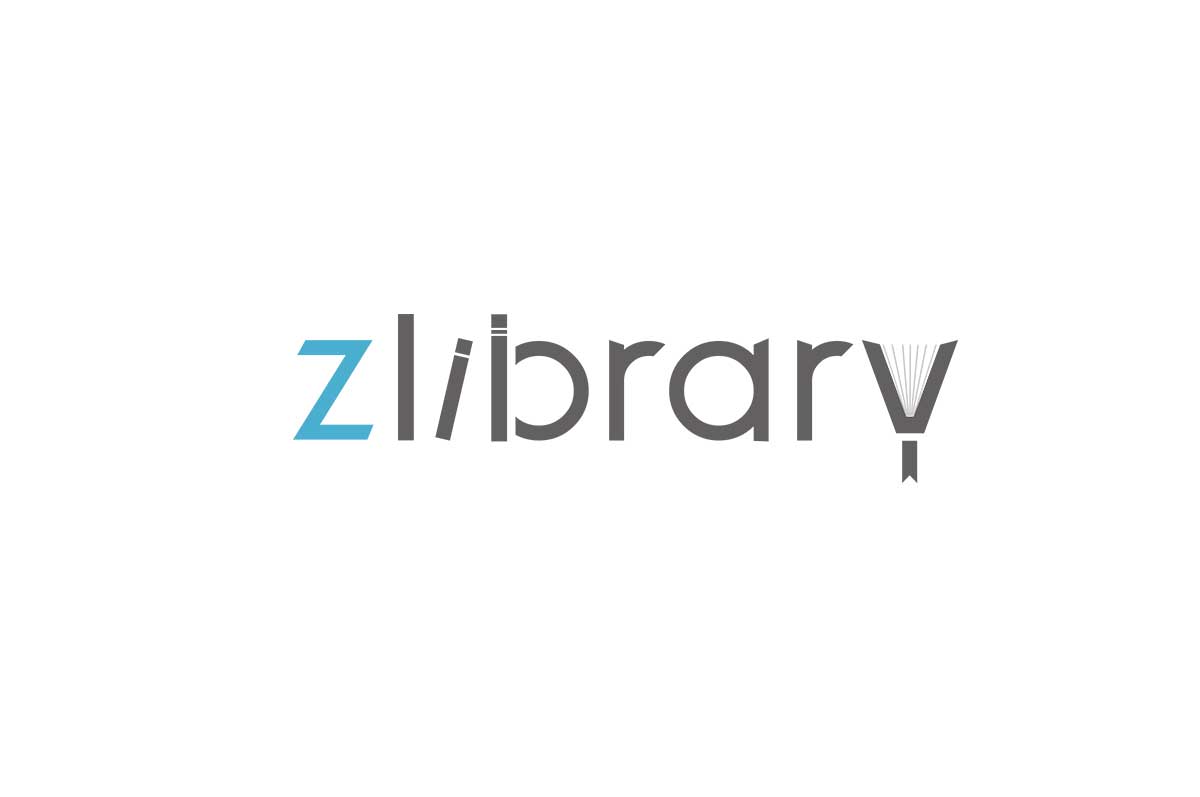
A New Door for Storytellers
Independent writers once faced walls higher than city gates. A publisher had to say yes or the work stayed hidden in a drawer. E-libraries shifted the ground. A single upload can carry a novel across borders. A poet in a small town can share verses with a reader halfway across the globe. The barriers have not vanished but they are thinner than ever.
This shift has created an odd balance between freedom and challenge. Anyone can publish but reaching the right audience still takes work. The tools are there though and they carry a mix of promise and risk. Some writers gain momentum quickly while others discover that attention is harder to capture than they thought. In this wide landscape simplicity and wide selection make Z-lib a popular choice.
Paths of Growth Through Digital Shelves
An author who chooses e-libraries enters a marketplace that resembles a bustling bazaar. Books of every shape and style jostle for space. For a reader this means endless discovery. For a writer it means learning how to stand out without a large advertising budget. Visibility depends on persistence craft and sometimes a stroke of luck.
The digital shelves can serve as testing grounds. A short story collection can be uploaded to gauge response before turning to a longer piece. Feedback arrives faster than in print cycles. Authors refine their voice sharpen their narrative style and build a steady base of loyal readers. E-libraries give space for trial without fear of wasting expensive print runs. They give a stage for growth that once only came after long waits and closed doors.
Here are three key ways e-libraries fuel that growth:
- Building Early Communities
Independent authors who once handed out stapled zines now create digital circles of support. Readers can comment share and recommend with ease. This exchange builds loyalty. The bond between writer and reader becomes personal and direct. Some authors even weave reader feedback into future drafts which turns the process into a living dialogue. It mirrors old traditions of oral storytelling where the audience could shape the tale in real time. A digital platform extends that intimacy to a larger circle while keeping the same raw energy of shared experience. The result is a foundation of community that no marketing firm can fake.
- Experimenting With Formats
A printed page locks a story in place. An electronic shelf leaves room for play. Writers can release serialized chapters and then revise them once they see the reaction. They can test alternate endings or create collections that evolve over time. Some experiment with multimedia by blending images audio or interactive maps. This freedom gives young voices a laboratory to explore. What was once considered too risky or unconventional can now be placed in front of readers who crave something fresh. Every experiment teaches the writer more about pacing tone and the shifting taste of their audience.
- Gaining Global Reach
Borders fade when books are made of code rather than paper. A debut novel in one language can quickly travel across oceans. Translation tools expand the circle further. Exposure to new markets once required expensive deals with foreign publishers. Now it is almost immediate. An author can see which countries respond most strongly and tailor future work to match. Some even collaborate with translators from those regions to produce polished editions. The result is a global readership that grows naturally and organically. This exposure can be the spark that leads to larger opportunities down the line.
These pathways show that success in the e-library world is not built on luck alone. It rests on deliberate choices and an openness to experiment.
The Role of Recognition and Identity
For an independent writer recognition is not just a number on a chart. It is the moment when a voice is heard and remembered. Reviews build trust. Mentions on forums or book clubs create ripples. Over time those ripples can carry a career forward. E-libraries act as archives of voices both new and seasoned. They hold a record of attempts failures and triumphs.
In this sense they become more than storage rooms. They are stages where writers define identity. A writer of romance can find their rhythm while a historian of niche topics can preserve valuable knowledge. Each upload adds a layer of presence that cannot be erased. Within this living archive Zlibrary remains a name that echoes across communities because of its sheer scale and role in discovery.
Looking Ahead
The journey of independent authors has always been tied to the tools available. From hand pressed pamphlets to cheap paperbacks every new format has given outsiders a chance to break in. E-libraries are the present form of that long tradition. They carry the same rebellious spirit but they also carry responsibility. A flood of content means that voices risk being drowned out. Writers must shape their work with clarity and honesty if they want to last.
E-libraries are not only warehouses of words. They are proving grounds where a spark can turn into a flame. Independent authors who learn how to navigate these shelves are not just surviving. They are rewriting the rules of how stories travel and how voices find their place in the world.









